Summary
- VW’s pivot to EVs, driven by Dieselgate, exposed gaps in software and battery capabilities, leading to lagging sales.
- Once dominant, VW now struggles against competitive local EV brands in China’s transforming market.
- Financial strains threaten VW’s German plants, creating social and political tensions.
- Worker unions and state governments resist cost-cutting measures, complicating restructuring efforts.
- VW’s success in upcoming EV initiatives and strategic pivots will shape its legacy and Germany’s industrial strength.
The Volkswagen name has become synonymous with excellence in German engineering at the critical junction that may change it forever. The shifting sands of electrification, competition globally, and economic hardships throw at the automaker some of the most onerous tests in its 87 years of history.
Celebrated once for the innovation of Germany’s powerful economy, today Volkswagen is concerned about slipping sales in electric vehicles, eroding Chinese market share, and unparalleled human resource challenges. The stakes are higher than ever, with factory closures a possibility and €17 billion worth of savings on the line.
However, this crisis is not just a Volkswagen problem; it is the symbol of a battle across Germany’s entire industrial backbone and the auto industry worldwide. As the company tries to reinvent itself, the slightest move is closely scrutinized for signs of what may be in store for the nation’s legendary automotive industry.
From Dieselgate to EV Stumbles
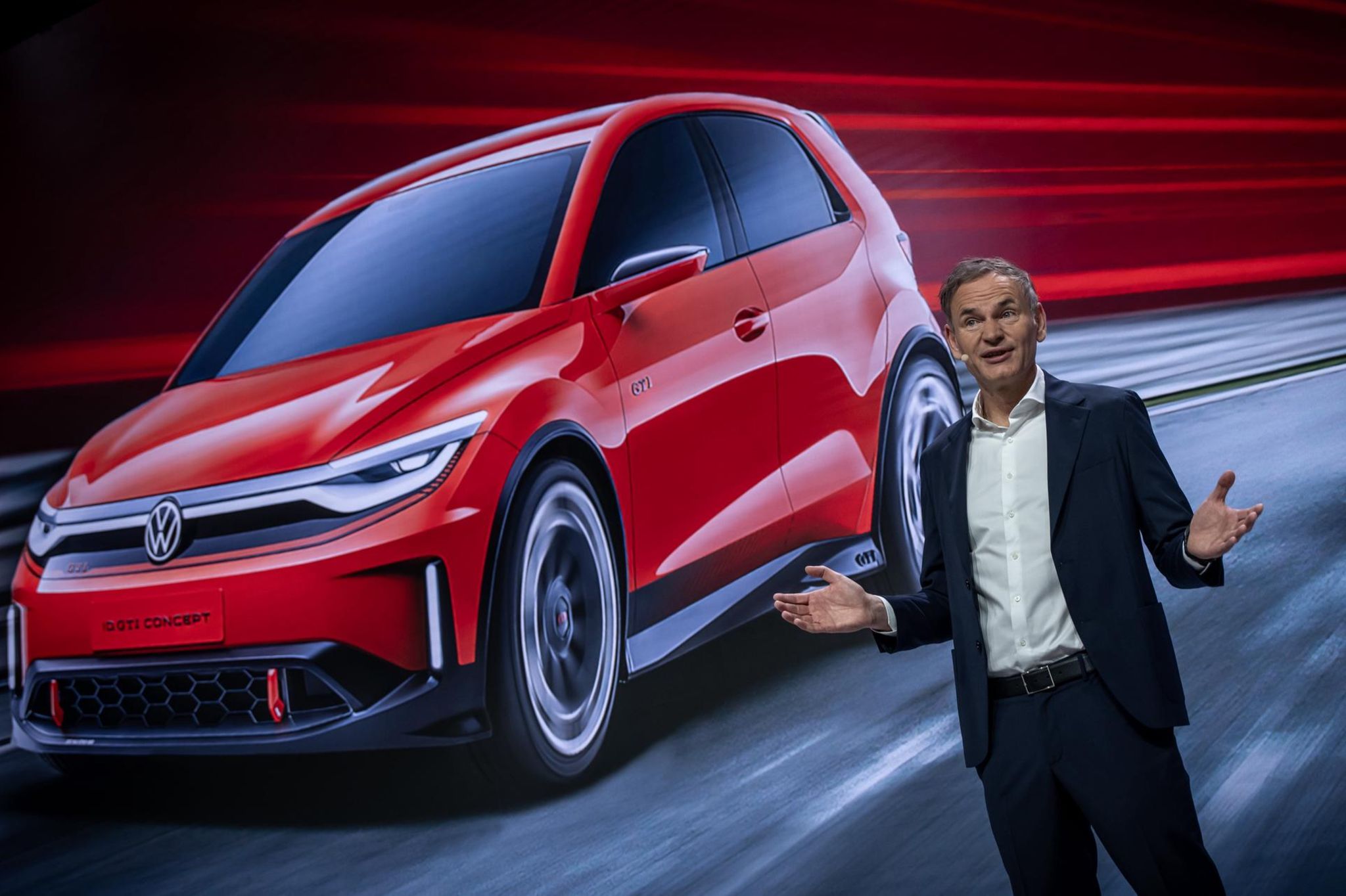
Volkswagen’s current struggles trace back to the infamous 2015 Dieselgate scandal, a turning point that undermined public trust and forced a rapid pivot toward electrification. This shift required significant investments in battery technology and software, areas in which VW lagged behind competitors like Tesla. The company’s ambition to vertically integrate its supply chain—building proprietary batteries and in-house software—proved more complex than anticipated. Tesla’s dominance in EV technology underscored VW’s comparative shortcomings, particularly in crafting desirable and affordable electric models.
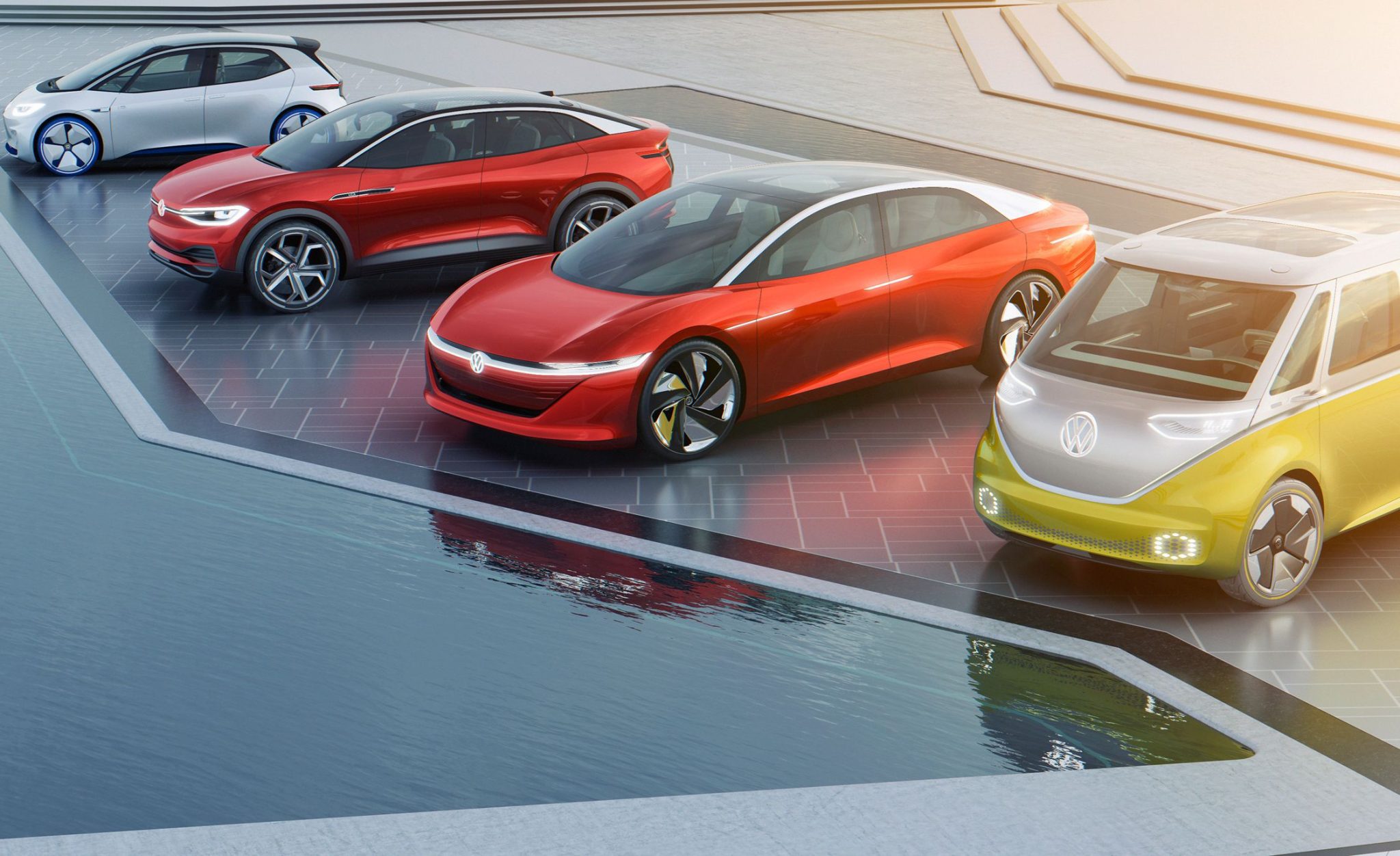
This struggle is mirrored in slumping EV sales in Germany, a market where EV adoption has not accelerated as anticipated. The absence of a modern “People’s Car” equivalent for the EV era further complicates matters. The lackluster performance of Volkswagen’s electric lineup raises questions about its readiness for a market that demands innovation and affordability. VW’s predicament underscores the challenges legacy automakers face in the transition to electrification, where agility and technological integration are paramount.

As VW pushes forward with its electrification strategy, CEO Oliver Blume has promised competitive new products by 2025. Whether these initiatives can turn the tide remains uncertain, but the stakes are clear: success is critical to safeguarding the company’s future and maintaining its status as a German industrial powerhouse. But things aren’t looking good for the German carmaker. Volkswagen’s market cap value has plunged from $148 billion (€140 billion) in 2021 to $41.98 billion (€39.84 billion) as of November 2024.
China’s Rise: How Local Competitors Are Threatening VW’s Global Dominance
For years, Volkswagen had a great run in China, while the German company positioned itself to hold onto its lead in the world’s biggest car market. But Chinese carmakers now are taking advantage of their country’s economic pivot toward electric cars. The companies, including BYD and NIO, have seized a lion’s share of the market with their competitive, locally made EV offerings targeted at Chinese consumers. At the same time, Volkswagen is losing ground, with its sales and market share on a consistent downhill slide.
But the most serious problem of all is the slow reaction to the fast-growing competition: Overconfidence in German engineering’s appeal worldwide left it blind-sided by the rising Chinese. The Chinese, today, simply own the EV space, but increasingly challenge Western brands, like VW. To make things even worse, the Chinese economic slowdown brought down demand across the board, particularly for foreign-made vehicles.
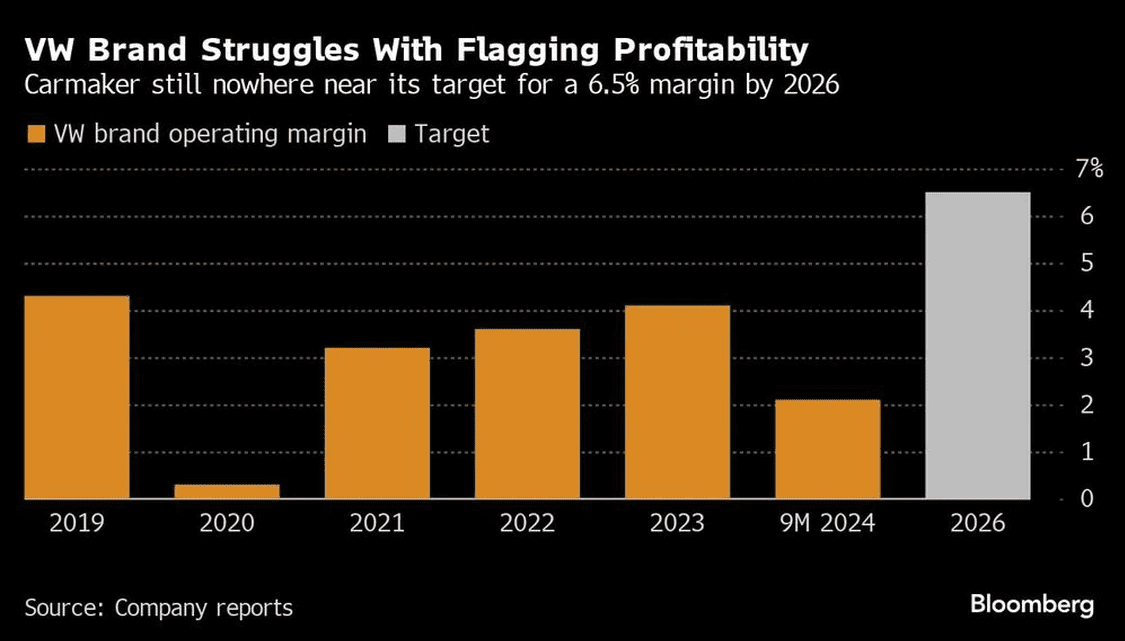
In response, Volkswagen has sought partnerships with Chinese EV companies to bolster its offerings in the region. While these collaborations aim to rejuvenate its Chinese market share, critics question whether they can bridge the gap fast enough. VW’s struggles in China highlight the broader risk facing Western automakers: a failure to adapt quickly to local market dynamics can jeopardize decades of dominance.
The Battle Over Factory Closures in Germany
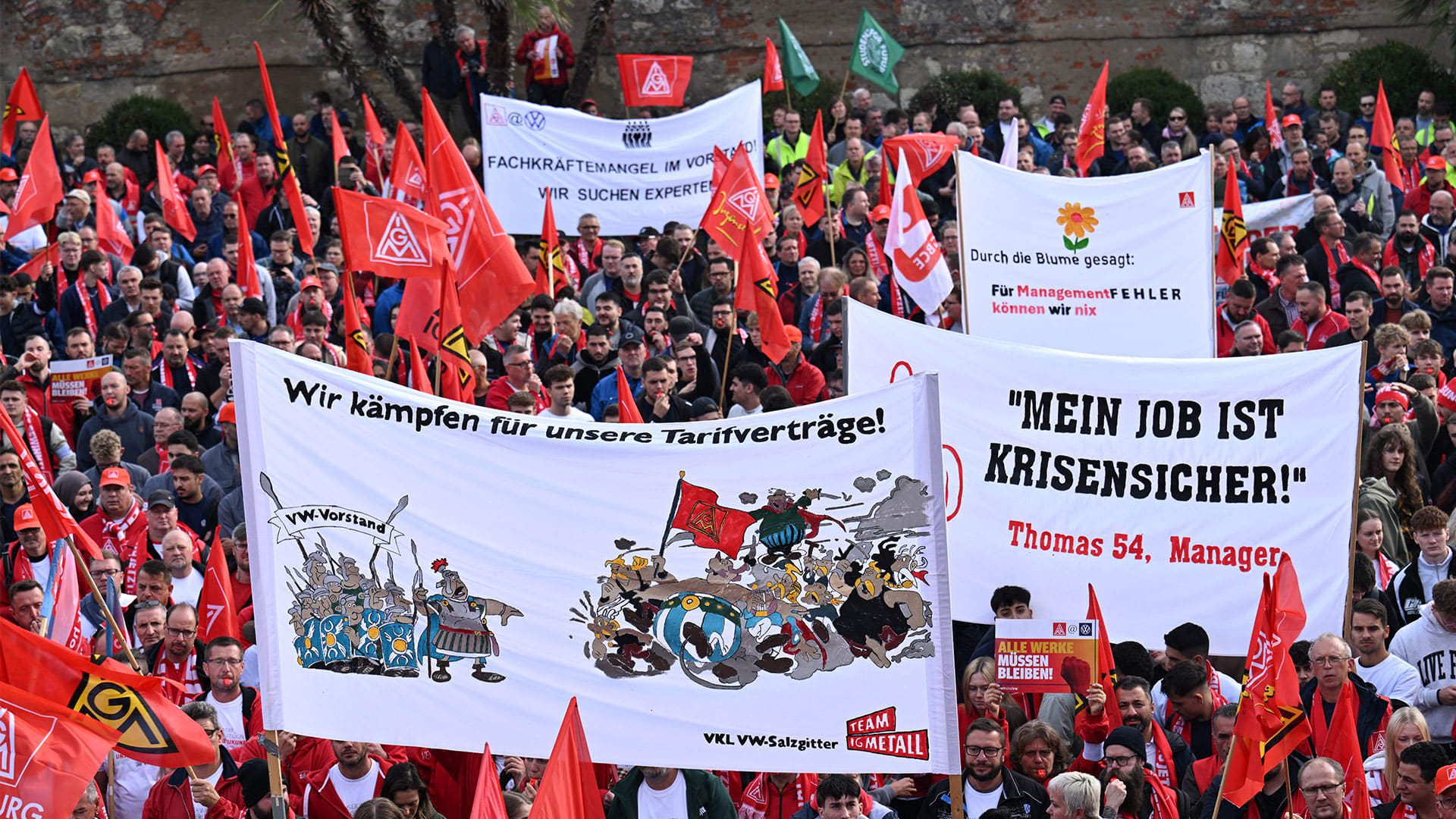
Volkswagen’s historic consideration of factory closures in Germany marks a seismic shift in its corporate strategy. For 87 years, the company has been a cornerstone of German industry, providing stable, well-paying jobs to thousands. However, mounting financial pressures—including the need to save €17 billion—have put these traditions in jeopardy. Management has identified up to three German production facilities at risk of closure or restructuring, sparking tension with workers and local governments.
At the very heart of this dispute is Wolfsburg, VW’s symbolic headquarters and home to its first factory. With the factory of enormous scale and deeply ingrained into the local economy, closing it would leave a devastated Wolfsburg and communities surrounding it. The problem goes even beyond economic issues and entwines itself within the social and political fabric of Germany. Worker unions, led by the state of Lower Saxony, wield significant power in corporate decision-making, hindering management in its attempt to reduce costs.
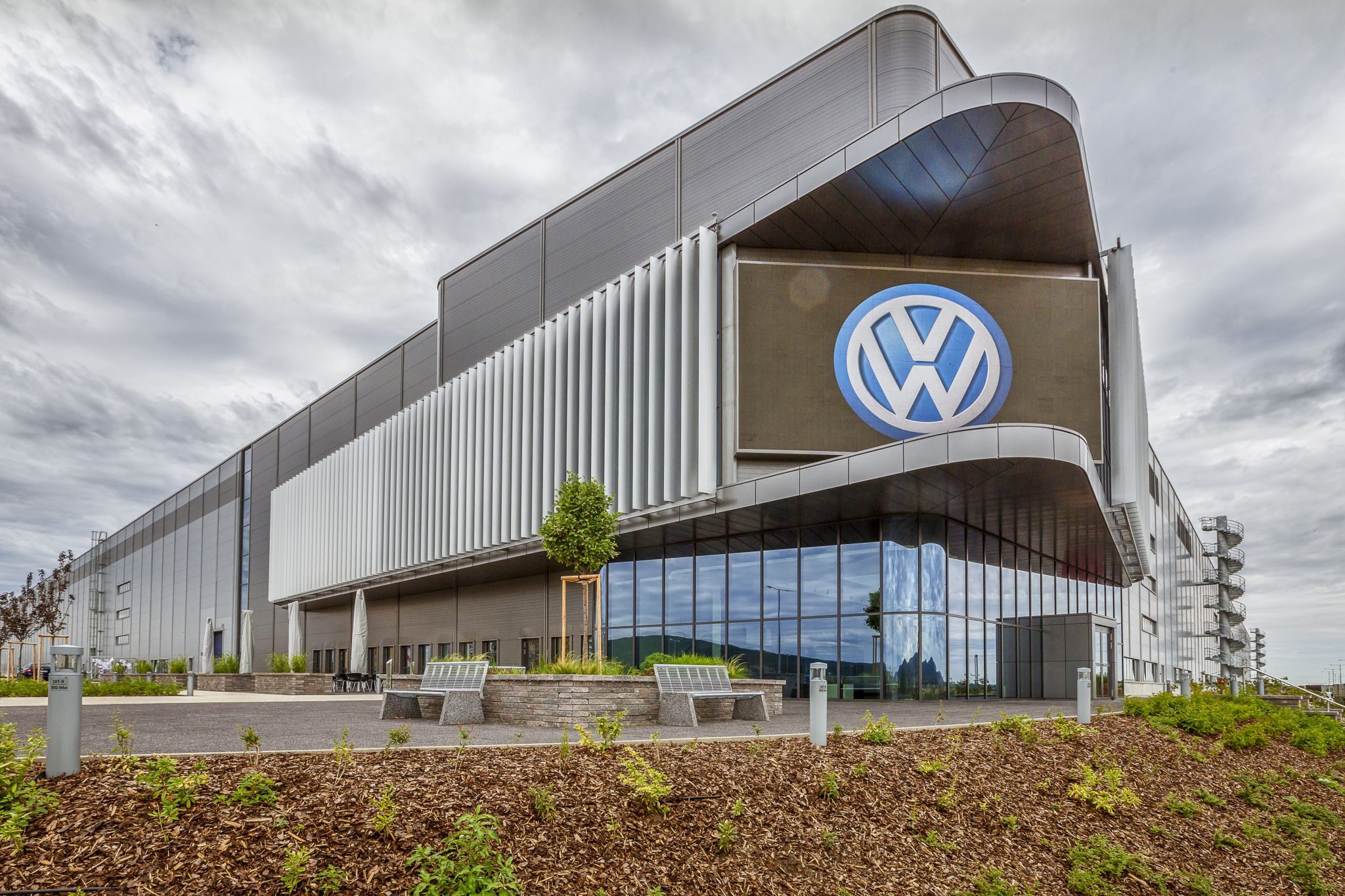
The standoff between the two sides has catalyzed protests and grueling negotiations, underlining the difficulties of balancing financial viability against social responsibility. But if German plants are being turned over for other uses or sold off, a bitter irony presents itself: that of Chinese automakers replacing their German brethren. The way Volkswagen resolves this conundrum is a call on its future and heritage.
The Road Ahead for Volkswagen
Volkswagen’s struggle has become a metaphor for the predicament of Germany’s industrial backbone in a fast-changing world. From botched electric car launches to slumping market share in China and worker flare-ups back home, VW’s crisis goes far beyond one company’s fate. As the German carmaker seeks to reinvent itself with ambitious plans and tough decisions, its success—or failure—will have far-reaching implications for the future of Germany’s automotive industry and beyond.
Above content ©2024 Bloomberg L.P. reviewed and edited by the Good Car Bad Car editorial team.











